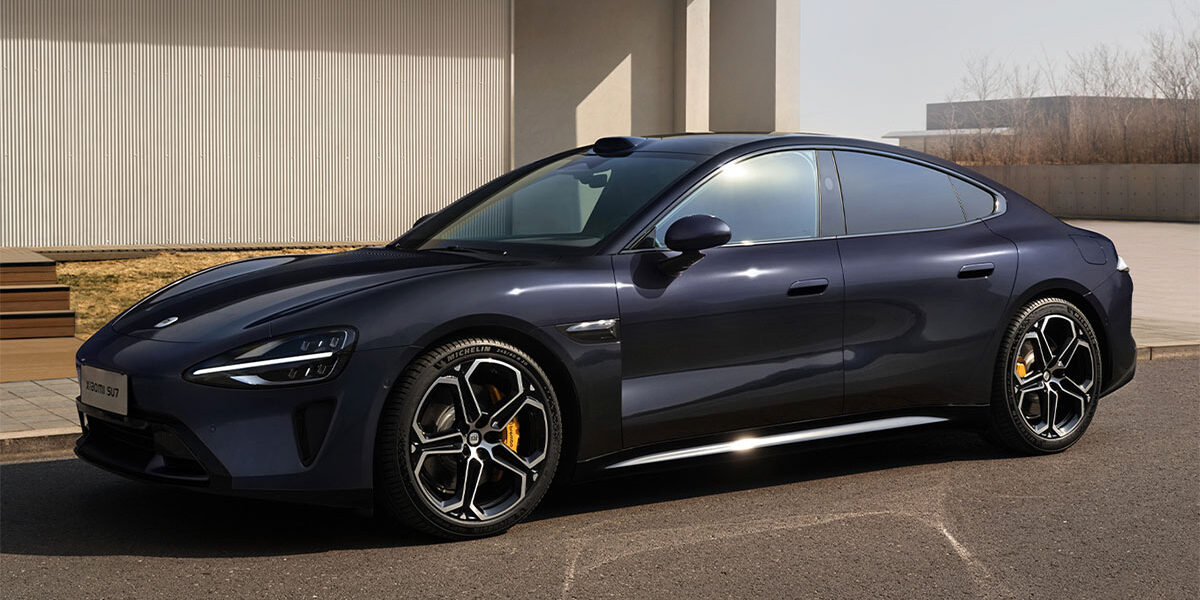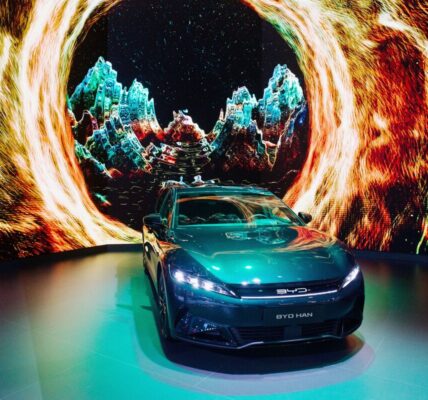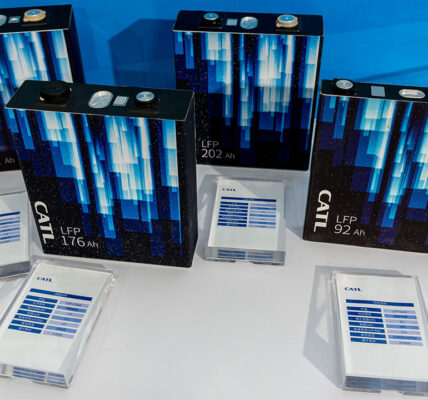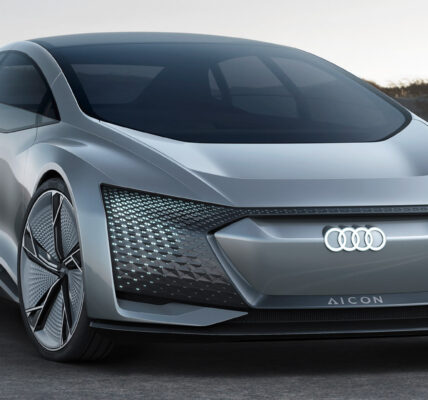Xiaomi EV Officially Announces tie-ups with Nio, Xpeng, Li Auto on Charging Network
Xiaomi EV has officially announced partnerships with Nio (NYSE: NIO), Xpeng (NYSE: XPEV) and Li Auto (NASDAQ: LI) on charging network sharing, after briefly mentioning them two days ago.
Xiaomi EV has teamed up with Nio to officially begin a charging network partnership, the electric vehicle (EV) unit of Xiaomi (HKG: 1810, OTCMKTS: XIACY) said on Weibo today.
The EV maker’s charging map has access to more than 14,000 Nio charging piles, and users can view dynamic data from Nio charging stations in real time directly on Xiaomi EV’s charging map, it said.
Xiaomi owners can use the Xiaomi EV App to initiate charging at Nio charging piles, it said.
Xiaomi EV briefly mentioned the partnership when it announced a software update for its vehicles on December 23, becoming the 15th brand to plug into the Nio charging network.
In addition to Nio, Xiaomi EV also announced charging network partnerships with Xpeng and Li Auto on December 23, without providing further details at the time.
About 30 minutes after announcing the partnership with Nio, Xiaomi EV announced its partnership with Xpeng on a charging network in a new Weibo post, saying its charging map accesses more than 9,000 Xpeng charging piles.
Xiaomi EV then also officially announced its partnership with Li Auto on Weibo, saying that its charging map accesses more than 6,000 Li Auto chargers.
Founded in 2021, Xiaomi EV is the last new major EV maker to be established in China. As of now, it has not started building its own charging facilities.
Nio is the carmaker with the most charging facilities in China, and its charging network has always been open to other brands’ EVs, but these kinds of partnerships help provide a better charging experience.
Previously, brands including Chery, Dongfeng M-Hero, Huawei HIMA, FAW Hongqi, and GAC Energy have announced access to Nio’s charging network.
As of today, Nio has 2,535 supercharging stations in China offering 11,693 charging piles and 1,671 destination charging stations offering 13,020 charging piles, according to data compiled by CnEVPost.
The company’s signature battery swap stations number 2,868 in China, of which 927 are located along highways.
Xiaomi officially launched the SU7 electric sedan — its first EV model — on March 28 and began deliveries in April.
The model became a hot seller as soon as it was launched and saw deliveries exceed the 20,000 mark for the second consecutive month in November.
On November 18, Xiaomi EV said it achieved its target of delivering 100,000 vehicles in 2024 ahead of schedule and announced a new 2024 target of 130,000 units.
On December 9, Xiaomi EV announced that it had name its second model as YU7 and the SUV (sport utility vehicle) is expected to be launched in June or July 2025.







